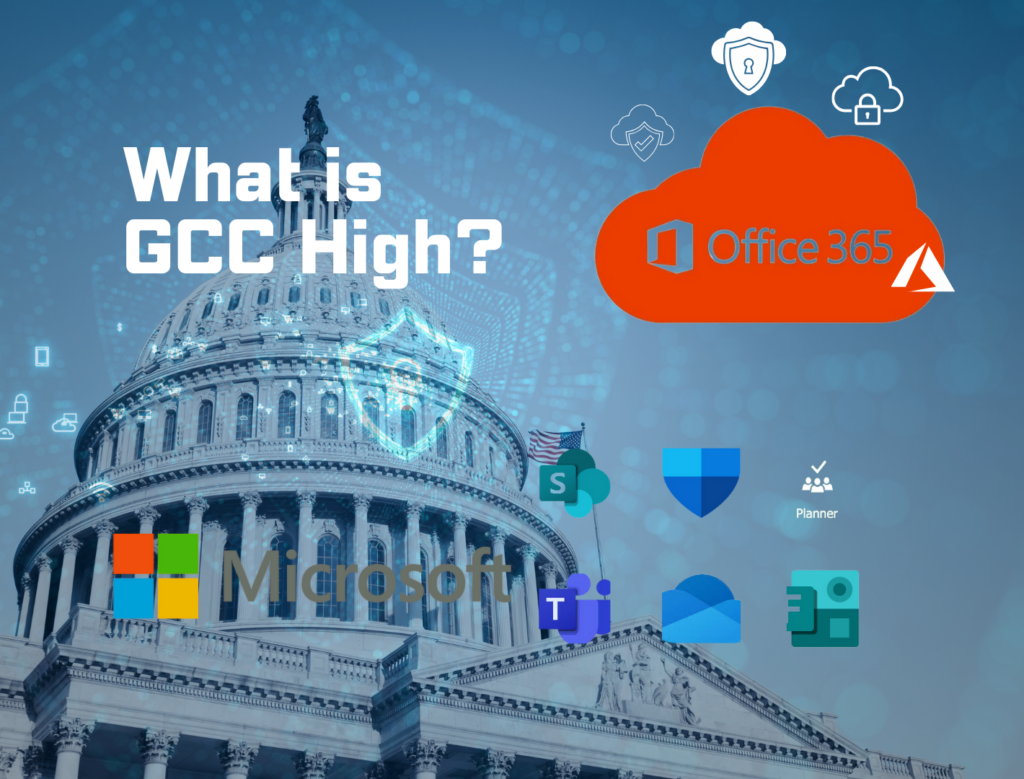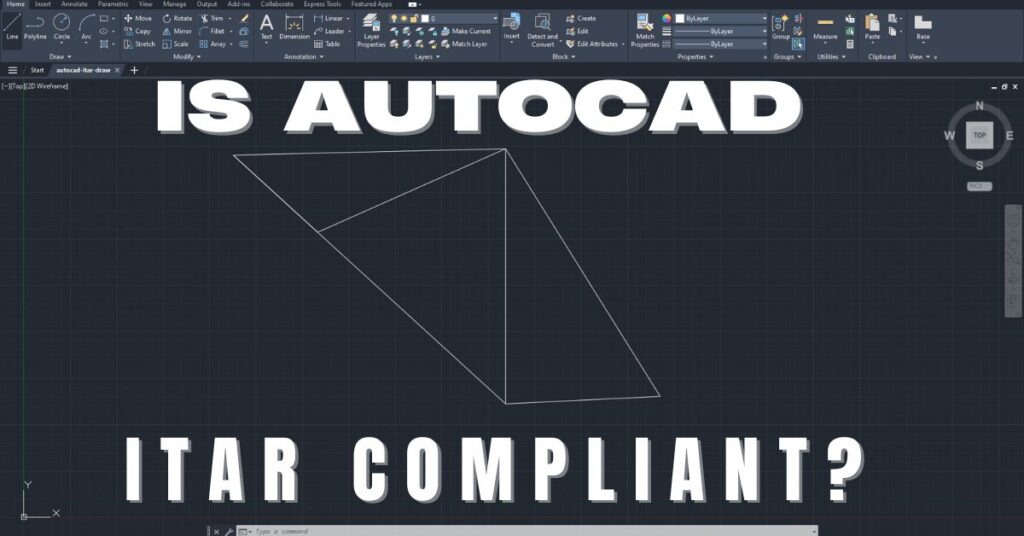CMMC 2.0 Compliance for Government Contractors
We have developed an informative and comprehensive article about CMMC 2.0 compliance that will help you understand the topic in detail. In this article, we will discuss what CMMC compliance is, why it’s important, and what the different levels of cybersecurity maturity are. Our aim is to provide you with the knowledge you need to navigate this complex subject and stay ahead of the competition.
Introduction
CMMC compliance is an essential requirement for companies that want to do business with the US Department of Defense (DoD). The DoD has implemented CMMC to ensure that all organizations within its supply chain meet specific cybersecurity standards. Failure to comply with these standards can result in the loss of business opportunities with the DoD, which can be detrimental to a company’s bottom line.
What is CMMC Compliance?
CMMC 2.0 compliance refers to the cybersecurity framework developed by the DoD to protect its supply chain from cyber threats. It stands for Cybersecurity Maturity Model Certification and consists of five levels of cybersecurity maturity. Each level has specific requirements that organizations must meet to achieve certification.
Why is CMMC Compliance Important?
CMMC compliance is crucial for companies that want to do business with the DoD. The DoD has implemented this framework to ensure that all organizations within its supply chain meet specific cybersecurity standards. By achieving CMMC 2.0 compliance, companies can demonstrate their commitment to cybersecurity, which can help them win business opportunities with the DoD.
CMMC 2.0 Cybersecurity Maturity Levels
Achieving CMMC 2.0 Compliance has become more streamlined and efficient, with a reduction in the number of levels from five to three. This enhancement is marked by the elimination of the transitional levels 2 and 4, simplifying the compliance framework. The revamped CMMC 2.0 is tailored to the specific nature of information handled by Defense Industrial Base (DIB) companies.
Level 1 (Foundational): Geared towards safeguarding Federal Contract Information (FCI), this foundational level is defined by the 17 controls outlined in FAR 52.204-21, Basic Safeguarding of Covered Contractor Information. These controls prioritize the protection of covered contractor information systems, emphasizing restricted access to authorized users.
Level 2 (Advanced): Targeting companies dealing with Controlled Unclassified Information (CUI), CMMC 2.0 Level 2 mirrors NIST SP 800-171. Diverging from the unique practices of CMMC 1.0, Level 2 aligns with 14 control families and 110 security controls developed by the National Institute of Technology and Standards (NIST) to fortify the protection of CUI.
Level 3 (Expert): Tailored for companies engaged in DoD’s highest priority programs handling CUI, Level 3 concentrates on mitigating risks from Advanced Persistent Threats (APTs). While specific security requirements are under DoD’s consideration, Level 3 is expected to encompass NIST SP 800-171’s 110 controls along with a subset of NIST SP 800-172 controls, totaling 130 controls. These controls align with the 14 control families in NIST 800-171, with an additional 20 controls sourced from NIST 800-172.
The transition to CMMC 2.0 Compliance signifies a strategic shift towards a more focused and efficient approach in securing sensitive information, ensuring that companies align with the latest standards set by the Department of Defense.
Achieving CMMC 2.0 Compliance
To achieve CMMC compliance, organizations must first determine which level of maturity is required for their specific business needs. They must then implement the necessary cybersecurity practices and undergo a third-party assessment to achieve certification.
Conclusion
In conclusion, CMMC 2.0 compliance is crucial for companies that want to do business with the DoD. It is a complex topic that requires a comprehensive understanding of the different levels of cybersecurity maturity and the specific requirements for each level. By implementing the necessary cybersecurity practices and achieving certification, companies can demonstrate their commitment to cybersecurity and win valuable business opportunities with the DoD.
Share in Social Media
See More Case Studies

Securing Defense Contracts: A DFARS 252.204-7012 Compliance Case Study
Discover how Cleared Systems helped a Federal Contractor successfully achieve DFARS 252.204-7012 compliance by strengthening its cybersecurity posture, giving it a competitive edge when bidding for DoD Contracts.

What is GCC High? For ITAR & CMMC 2.0
Microsoft 365 Government Community Cloud (GCC) High is a specialized cloud solution tailored for U.S. federal, state, local, tribal, and territorial government organizations, as well as for contractors who hold or process data subject to specific security regulations. In this article, we will explore the features, benefits, and differences between Microsoft 365 GCC High and other Office 365 offerings.

Is AutoCAD ITAR Compliant? A Comprehensive Guide for Defense Manufacturers
Defense contractors and manufacturers working with sensitive military technologies face a critical question when selecting computer-aided design software: Is AutoCAD ITAR compliant? This question becomes

How to Get Help in Windows: Guide to Security and Compliance Support
In today’s digital landscape, ensuring your computer systems are secure and compliant with industry regulations is essential for both businesses and individuals. Windows, as one

Microsoft Copilot for GCC High: Enhancing Security and Compliance
In today’s fast-evolving digital landscape, organizations that handle sensitive data, particularly those in government sectors or defense contractors, face growing pressure to maintain strict security
Partner with Us for Compliance & Protection
We’re happy to answer any questions you may have and help you determine which of our services best fit your needs.
Your benefits:
- Client-oriented
- Security
- Compliance
- Peace of mind
- Efficiency
- Trust
What happens next?
Schedule an initial meeting
Arrange a discovery and assessment call
Tailor a proposal and solution
